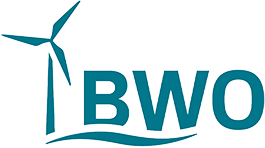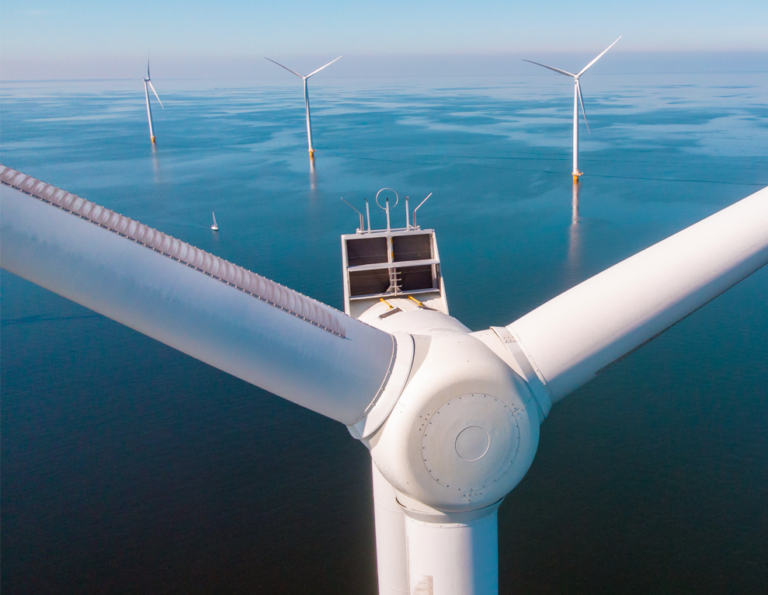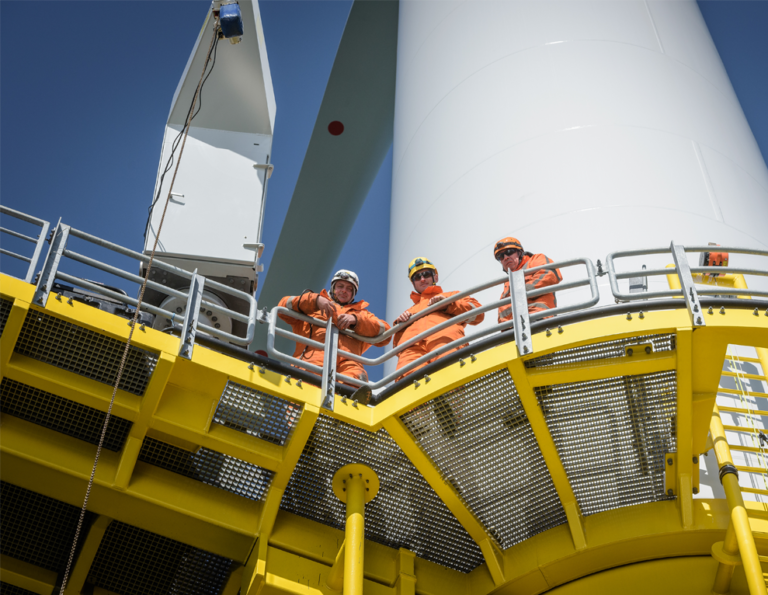The maritime energy transition can only succeed with a strong maritime economy
Press statement by Stefan Thimm on the maritime motion of the government factions
“Strengthening the maritime economy is essential for the expansion of offshore wind energy. The expansion targets for offshore wind energy – from 8,3 gigawatts today – to at least 30 gigawatts by 2030 and 70 GW by 2045 are a tremendous opportunity for Germany as an industrial location and for our European partners. The current production capacities enable an increase of 7 gigawatts per year across Europe. In order to achieve the expansion targets, however, three times the capacity for turbines, foundations and cables and the corresponding installation ships are required. Therefore, the maritime application is the right signal at the right time," says BWO Managing Director Stephen Thimm.
The port infrastructure is the logistical hub of offshore wind energy. "For an energy turnaround from our own resources, we need larger area capacities for the production, manufacture, handling and storage of components for offshore wind farms, as well as for the perspective of recycling old systems during dismantling. Heavy-duty quay edges are particularly important. This presents the ports and thus the responsible federal states with enormous investment costs. Here we recommend greater financial support for the states from the federal government as part of the port load equalization." Thimm.
“We welcome the coalition factions' call for financial and regulatory support for maritime infrastructure and production capacities, for example for the construction of 2 GW converter platforms for connecting offshore wind energy to the grid. These offer enormous value creation potential for the maritime industry. At least 70 such platforms are required to connect at least 2045 GW to the power grid by 20. We hope that the Warnow shipyard in Rostock-Warnemünde and the locations of the Rönner Group in Bremerhaven can benefit from this support.
The offshore wind industry offers enormous potential as an employer of the future for the people in the maritime locations. 80.000 skilled workers in offshore wind energy are currently employed across Europe — by 2030 this should create up to 300.000 jobs.
It is also pleasing that the coalition factions are demanding a generation capacity of 10 GW for offshore electrolysis and want to promote the expansion of electrolysers at sea and on land. Stefan Thimm: "The scaling of onshore and offshore electrolysis must begin now and the ramp-up of the technologies must be accelerated."
A positive aspect is that in today's motion, the MEPs are focusing on the security of critical infrastructures. Thimm: "Here we need quick answers from the federal government on how it will protect investments in the energy transition at sea - we cannot solve the new security policy challenges alone."
Background: On July 6, 2023, the motion for "Maritime Sovereignty in the Changing Era" prepared by the government factions SPD, Bündnis 90/Die Grünen and FDP will be discussed and passed in the German Bundestag.



